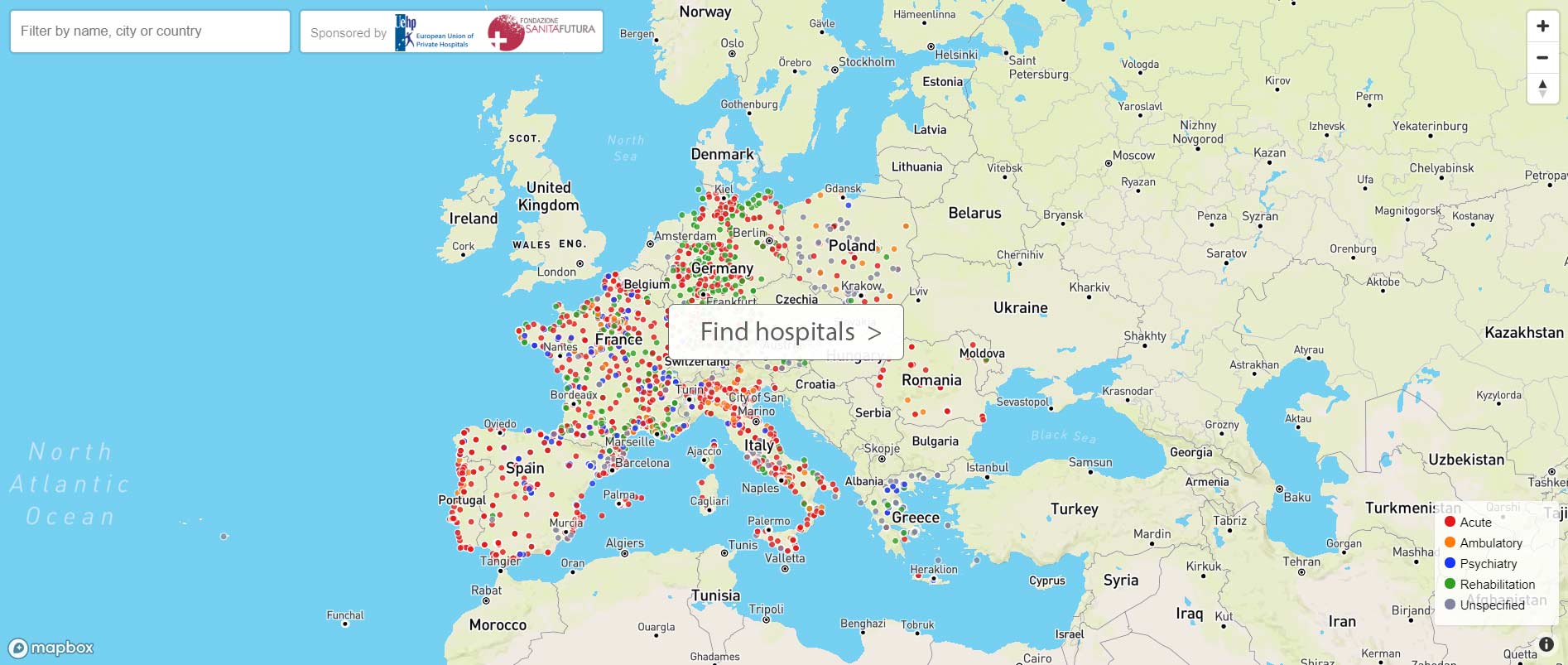JANUARY 2021 – This semester Portugal takes over the Presidency of the Council of the European Union (EU), at a time when the Covid-19 pandemic and its socio-economic consequences represent an unprecedented challenge for the EU and its Member States.
The central motto of the Portuguese presidency is “time to deliver” and in Health, the goal is, on the one hand, to take new steps regarding cooperation between Member States, in order to increase the capacity of health services to respond to public health threats and, on the other hand, highlight the EU’s role in global health.
Time to deliver. Time to act. Act now, to control the current pandemic situation and act now, so that Europe is better prepared for future challenges and to provide better health conditions for all European citizens.
The Portuguese Presidency will support the creation of the European Health Union, through proposals for enhanced cooperation between Member States and for the extension of the mandate of European agencies, starting with the European Centre for Disease Prevention and Control and the European Medicines Agency.
A top priority is the digital transformation of the health sector, including telemedicine and the interoperability of electronic health records, as a key to improving the quality of healthcare and increasing access to healthcare. As such, the High-Level Conference on Digital Health (Portugal eHealth Summit) which will be held in June, in Lisbon, is expected to be a high point of the Portuguese Presidency.
Other relevant initiatives are the Conference on Access to Medicines, in April, to discuss greater availability of medicines and vaccines at affordable prices and the European Cancer Research Summit, in May, in Porto, in order to advance the Europe`s Beating Cancer Plan.
In terms of global health, special attention will be given to Africa-EU cooperation, and an international conference in this area is scheduled for next March.
From the private hospital sector perspective, the current semester will also be very demanding, given that, in assessing the response of health systems to Covid-19, it will be relevant to highlight the extent to which non-public hospitals were involved. Even with very diverse health systems in Europe and totally different political approaches, private hospitals were always available, with some cases where the health system truly worked as a system and there were other cases where prejudice against private sector participation in health care prevailed.
The European Health Union is a process in which European citizenship is intended to guarantee people’s access to appropriate healthcare, regardless of their nationality and the health system of each Member State. This can be an essential process so that the merits of access, efficiency, and sustainability can override ideological prejudices. So that Member States bear in mind that the guarantee of access is one thing while the provision of care is another and thus may address the impact of greater private investment in health.
The Portuguese program for the EU Presidency focuses on some concrete issues that are of primary importance for the private hospital sector, so, in my opinion, we should seize the opportunity to set out our position on these issues. I believe, for instance, that it would be very important for private hospitals to bring some examples of good practices to the Portugal eHealth Summit and we could also reflect between us all on the opportunities for the interoperability of electronic health records. On the other hand, we have more and more very differentiated private hospitals, including in the area of oncology, so we should not be left out of the Europe Beating Cancer Plan. The publication of our second Factbook will also be a good time to increase the visibility of private hospitals in Europe.
Europe can count on Portugal and UEHP can count on APHP. We will “deliver” in order to give more health to European citizens and to put the private hospital sector on this agenda of access, efficiency and innovation that is key for Europe’s development.


